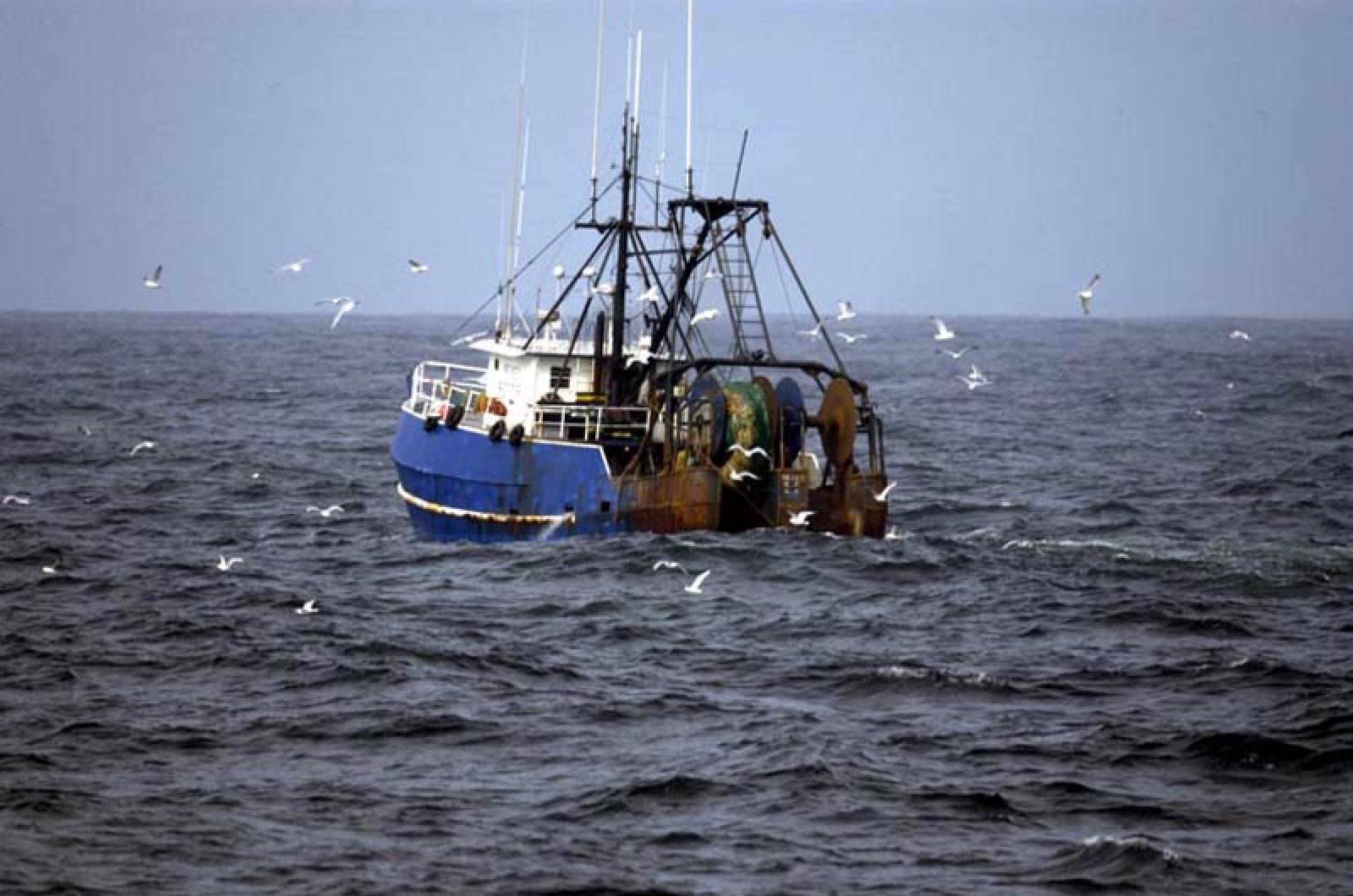As efforts to revive the New England groundfishery grow increasingly contentious, the state attorney general Thursday filed a lawsuit challenging new fishing regulations in the Northeast, saying they rely on “highly suspect science” and do not account for the devastating economic impact on the state’s fishing industry.
In the civil complaint filed in U.S. District Court, Massachusetts Attorney General Martha Coakley said the decision to reduce groundfish catch allotments by 77 per cent from 2012 to 2013 “contained no meaningful measures to mitigate the devastating economic impacts of the rule” and shows “a callous disregard for the well-being of New England fishermen.”
The lawsuit was filed against Rebecca Blank, the acting U.S. Secretary of Commerce, as well as the National Oceanic and Atmospheric Administration.
The complaint seeks to prevent NOAA from putting the new regulations into effect because they are “arbitrary, capricious, [and] an abuse of discretion” and not in accordance with the Magnuson-Stevens Act, a 1976 act of Congress that aimed to conserve and manage fisheries to prevent overfishing, protect threatened stock, and realize the economic potential of the industry. The lawsuit calls for the regulations to be declared invalid and asks for further relief for the state.
“NOAA and the secretary failed to conform to the statutory safeguards enacted to balance the twin goals of environmental protection and sustainable access to the fisheries,” the Attorney General writes.
The complaint said that NOAA’s new regulations, which adopts a revised status determination for Georges Bank and Gulf of Maine cod and yellow tail flounder and white hake, are not based on the best science available.
The action is “threatening the extinction of an industry that for more than a century has been part of the commercial and social fabric of New England, especially Massachusetts,” the lawsuit said, alleging that it violates that Magnuson-Stevens Act governing fishery management plans.
Mrs. Blank declared the Northeast groundfishery a federal disaster in September of last year because fish stocks have failed to rebound.
“The first month of the 2013 fishing season is nearly behind us, yet the full consequences of diminished allowable catch on Massachusetts fishing communities may never be fully understood,” Cong. William Keating, who represents the Cape and Islands, said in a statement.
“The Northeast groundfish industry is facing these challenges due, in part, to misinterpretations of the very policies designed to protect their livelihood. Fishery regulation is not possible, nor practical without accountability measures. However, it appears that our fishermen are being held accountable for NOAA’s failed policies and scientific inaccuracies. This is counter intuitive. The way forward requires an innovative balance that includes an equal emphasis on improved data collection and analysis.”






Comments (1)
Comments
Comment policy »